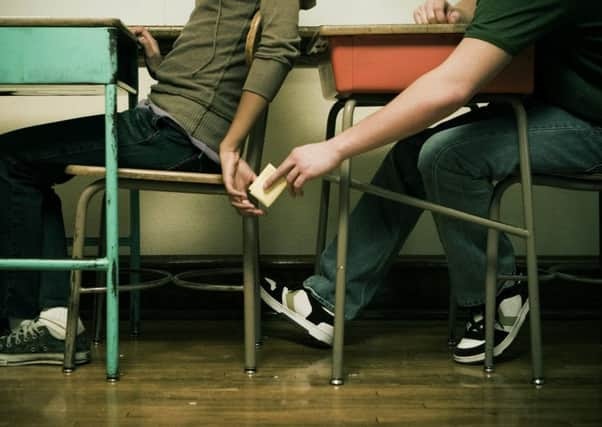Low level disruption '“ the new '˜norm' blighting our schools


Seamus Searson, general secretary of the Scottish Secondary Teachers’ Association, said unacceptable behaviour was on the increase, impacting on pupils’ education and hampering recruitment to the profession.
This type of behaviour included challenging teachers’ authority by telling them to “f*** off”, refusing to stop using phones during lessons, and running amok in corridors, often escalating into a confrontation when a teacher starts dealing with the incident.
Advertisement
Hide AdAdvertisement
Hide AdLast week education secretary John Swinney held a session of the Teacher Panel – a group of teachers, principal teachers, deputy head teachers and head teachers – at Holyrood to discuss discipline problems.
Searson says cuts to teaching posts, such as teacher support and guidance, and closure of units where pupils with problematic behaviour could attend, have both contributed to the problem.
“This type of behaviour, which can involve seven or eight pupils at a time, has always been there but it has become a lot worse in recent years. In many cases it is caused by youngsters bringing issues in from the home or the street. But when it is seen to be the norm it spreads like a rotten apple,” said Searson.
“It can take at least ten minutes to settle the class after one of these disruptive incidents, meaning that it stops other pupils learning. This all takes energy away from teachers.
“We’re not talking about the majority of schools but it’s happening in many schools, every day.
“Children get one chance at an education. This is an issue John Swinney has to acknowledge exists and address it with proper resources.”
Figures from the Scottish Government in December revealed that 26.6 per cent of pupils have additional support needs, ranging from dyslexia, ADHD, and autism to behavioural and emotional problems.